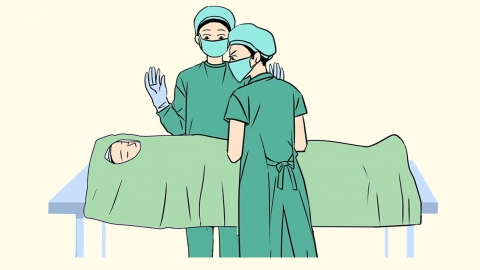Can bile duct stones be treated without surgery?
Whether bile duct stones can be treated without surgery depends on a comprehensive assessment of the stone's size, location, presence of complications, and the patient's overall condition. The specific analysis is as follows:

If the bile duct stones are small in size, located superficially, have not caused complications such as obstruction or infection, and the patient is in good general health, nonsurgical treatment is usually feasible. By taking litholytic medications, undergoing regular imaging follow-ups, and adjusting diet accordingly, most patients can achieve gradual dissolution of the stones or maintain a stable condition that does not interfere with normal daily life.
However, if the bile duct stones are large or located in critical areas, have already caused bile duct obstruction, cholangitis, or other complications, or if the patient has underlying medical conditions that reduce tolerance to illness, nonoperative management may be insufficient to control the disease. In such cases, more active interventions should be prioritized to prevent disease progression and serious consequences such as liver function damage.
After diagnosis of bile duct stones, regular medical monitoring is essential; even asymptomatic patients should not neglect follow-up examinations. A low-fat diet should be maintained in daily life, and overeating should be avoided. If symptoms such as abdominal pain or jaundice occur, immediate medical attention is required to prevent delays in treatment.




